This orientation was emphasized by Prime Minister Pham Minh Chinh , Head of the National Steering Committee for Semiconductor Industry Development, when concluding the second meeting of the Steering Committee on the morning of August 4.
Assessing the role of the semiconductor industry, the Prime Minister said that this is an important field and link in the 4th industrial revolution, especially the development of artificial intelligence.
This is a fast-growing field; the race to master this technology is very strong and Vietnam cannot stand aside if it wants to build an independent, self-reliant economy associated with proactive, active international integration, deeply, substantially and effectively, according to the Prime Minister.
Prime Minister Pham Minh Chinh requested that by 2027 at the latest, a number of necessary semiconductor chips must be designed, manufactured, and tested (Photo: Doan Bac).
Referring to the development direction in the coming time, the Prime Minister set a goal of designing, manufacturing and testing a number of necessary semiconductor chips by 2027 at the latest.
“We must go from low to high, from small to large, from simple to complex, but must accelerate, break through, catch up, keep up and surpass,” the Prime Minister emphasized.
To develop the semiconductor industry, according to the Prime Minister, the whole country must be an army. "Marching to the target must be swift and bold; fighting must be strong, fast, and sure to win; the results must be sustainable and long-lasting," the Prime Minister emphasized.
He also requested to perfect mechanisms and policies, especially preferential mechanisms and policies, and remove bottlenecks in infrastructure, institutions, and people with the spirit of open institutions, smooth infrastructure, and smart people and implementation.
According to the head of the Government, it is necessary to change the state of preferential policies from investment attraction to technology transfer; closely and effectively coordinate between the State, enterprises and schools, between development creation, research and production.
Overview of the meeting (Photo: Doan Bac).
The Prime Minister also directed the development of a competitive, healthy, equal and market-regulated semiconductor chip market.
He assigned the Ministry of Finance to promote foreign investment attraction in the semiconductor sector, prioritizing projects with advanced technology, new technology, high technology, clean technology, modern management, high added value, spillover effects, and connection to global production and supply chains.
In 2025, the Prime Minister requested that the Prime Minister issue a decision on credit for students, master's students, and biological researchers in science, technology, engineering, and mathematics.
According to the human resources report, there are currently about 7,000 engineers working at microchip design enterprises; about 6,000 engineers and 10,000 technicians working at enterprises packaging, testing microchips and manufacturing semiconductor materials and devices.
The Semiconductor Industry Innovation Network brings together more than 100 Vietnamese experts around the world.
Minister of Justice Nguyen Hai Ninh reports at the meeting (Photo: Doan Bac).
Regarding human resource training and development, the report stated that there are 166 higher education institutions with semiconductor training majors; over 6,300 university students are studying semiconductor majors and more than 12,000 university students are studying related majors; nearly 20 educational institutions have a 3-party linkage model (State - school - enterprise) in semiconductor training.
Regarding infrastructure development, CT Group has started construction to expand a chip factory owned and operated by Vietnamese people, aiming to produce 100 million chips/year by 2027.
R&D ecosystems and international standard cleanroom systems are being built and expanded in major cities, such as SHTP Labs in Ho Chi Minh City High-Tech Park (investment capital of VND300 billion), and laboratories at Hanoi National University (USD5 million).
Vietnam currently has about 170 FDI projects in the semiconductor and high-tech sectors, with a total registered capital of nearly 11.6 billion USD, including large-scale projects such as Intel (4.1 billion USD), Amkor (1.6 billion USD) and Hana Micron (673 million USD).
Dantri.com.vn
Source: https://dantri.com.vn/xa-hoi/thu-tuong-cham-nhat-2027-phai-thiet-ke-che-tao-duoc-chip-ban-dan-20250804133329811.htm


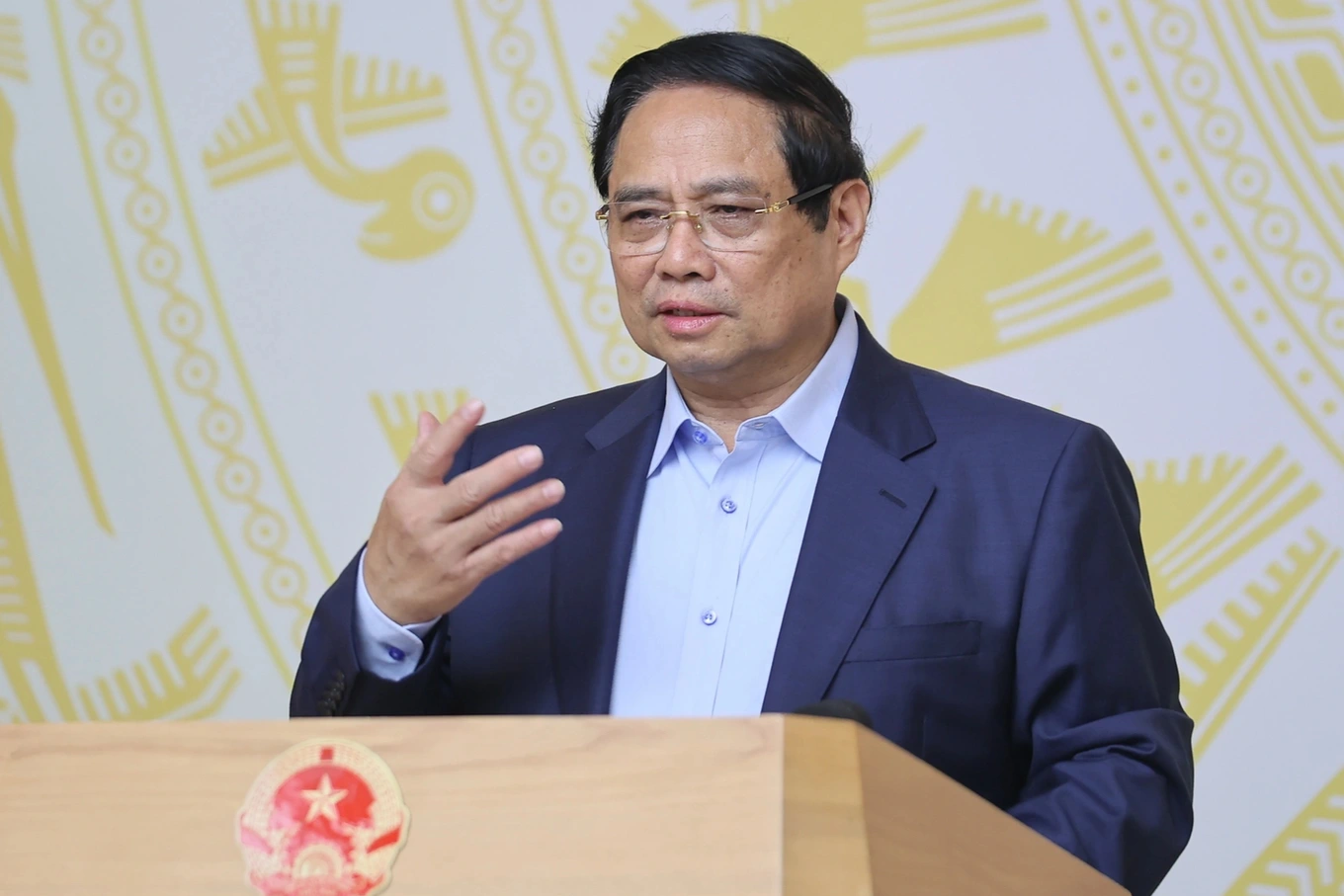
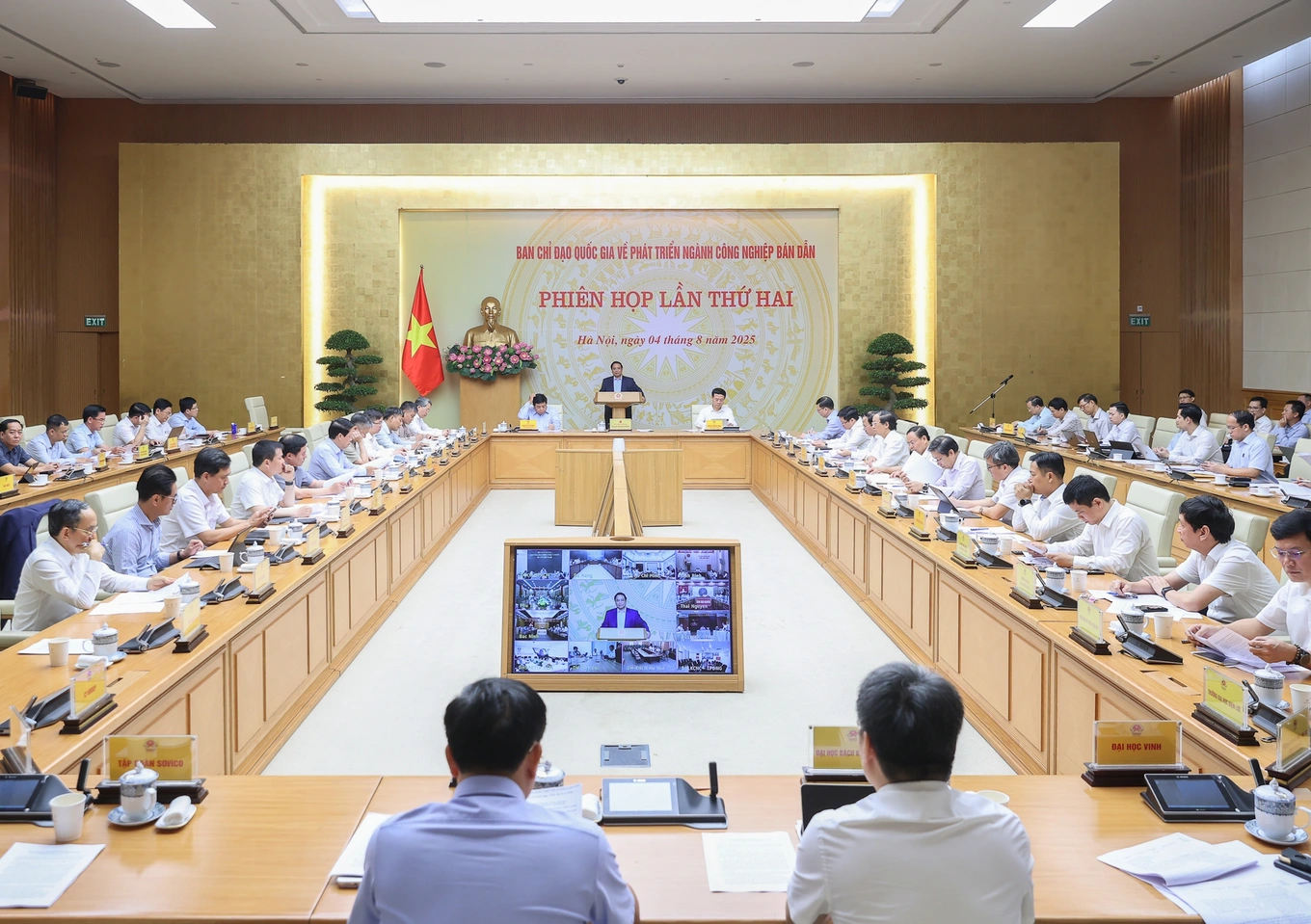
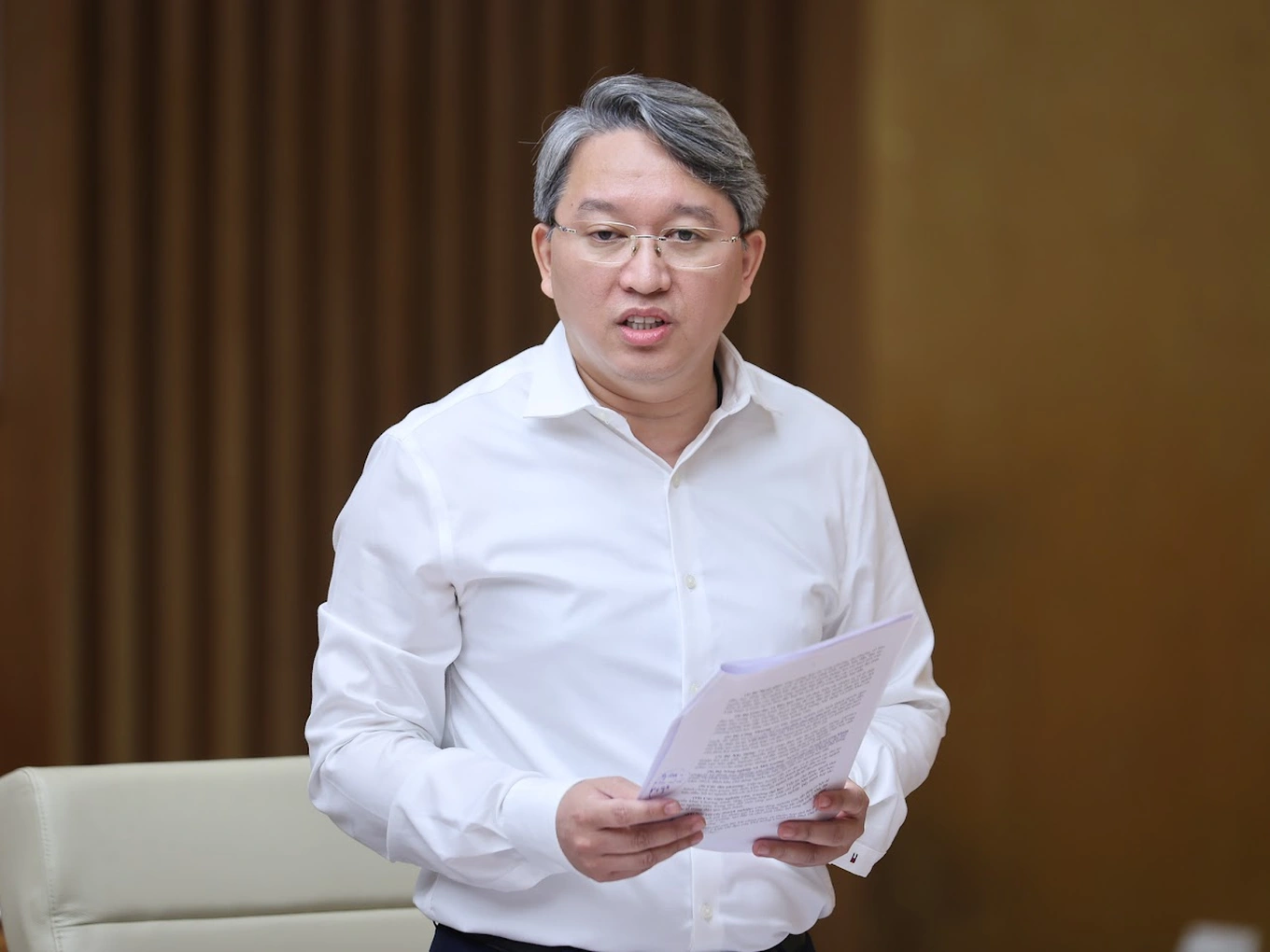
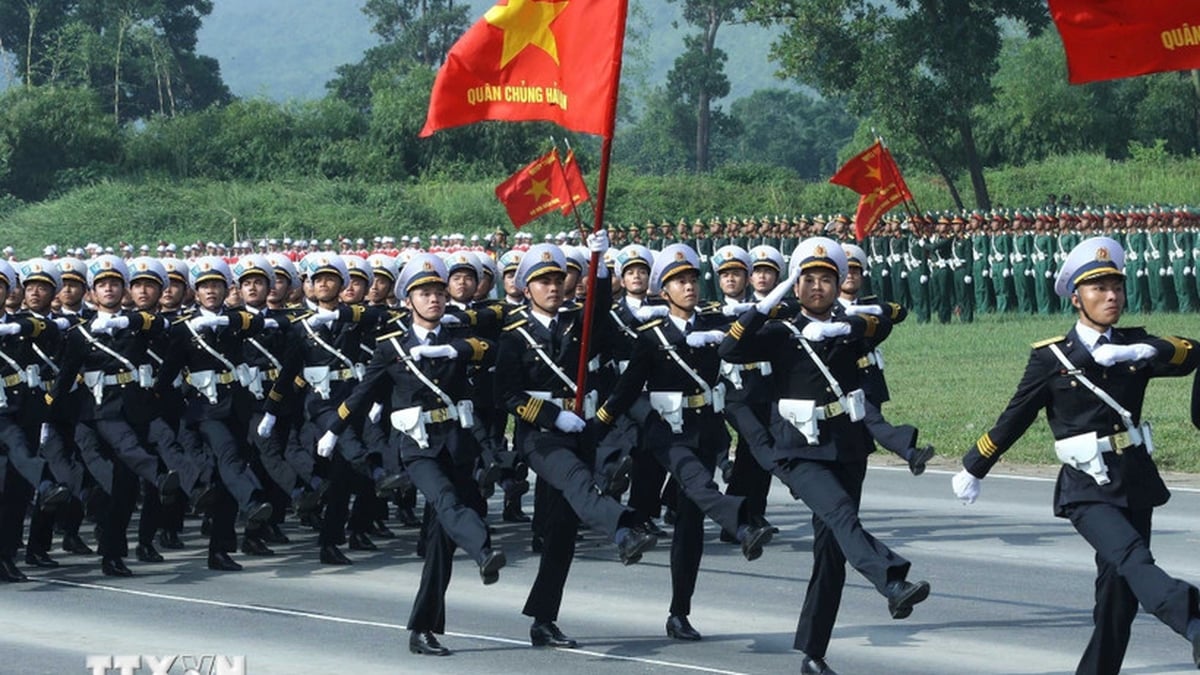

![[Photo] National Assembly Chairman attends the Congress of Thanh Xuan Commune Party Committee (Can Tho) for the 2025-2030 term](https://vphoto.vietnam.vn/thumb/1200x675/vietnam/resource/IMAGE/2025/8/4/923dd3c552cc42d7be60e51cb6e945a1)
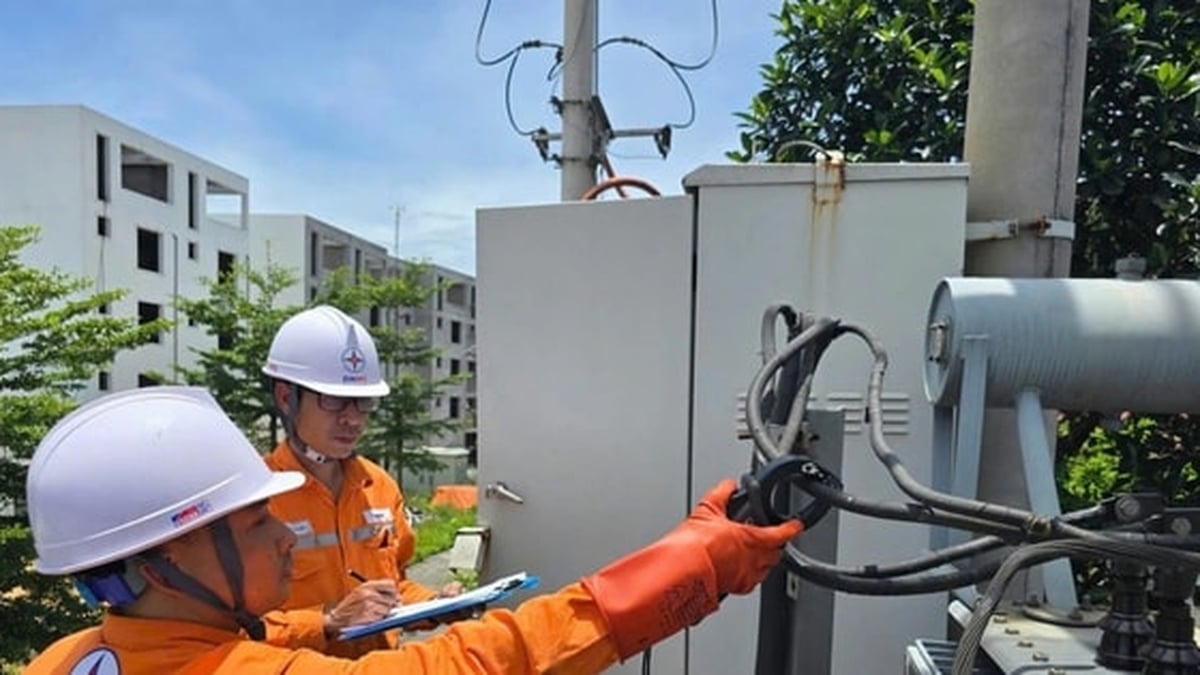


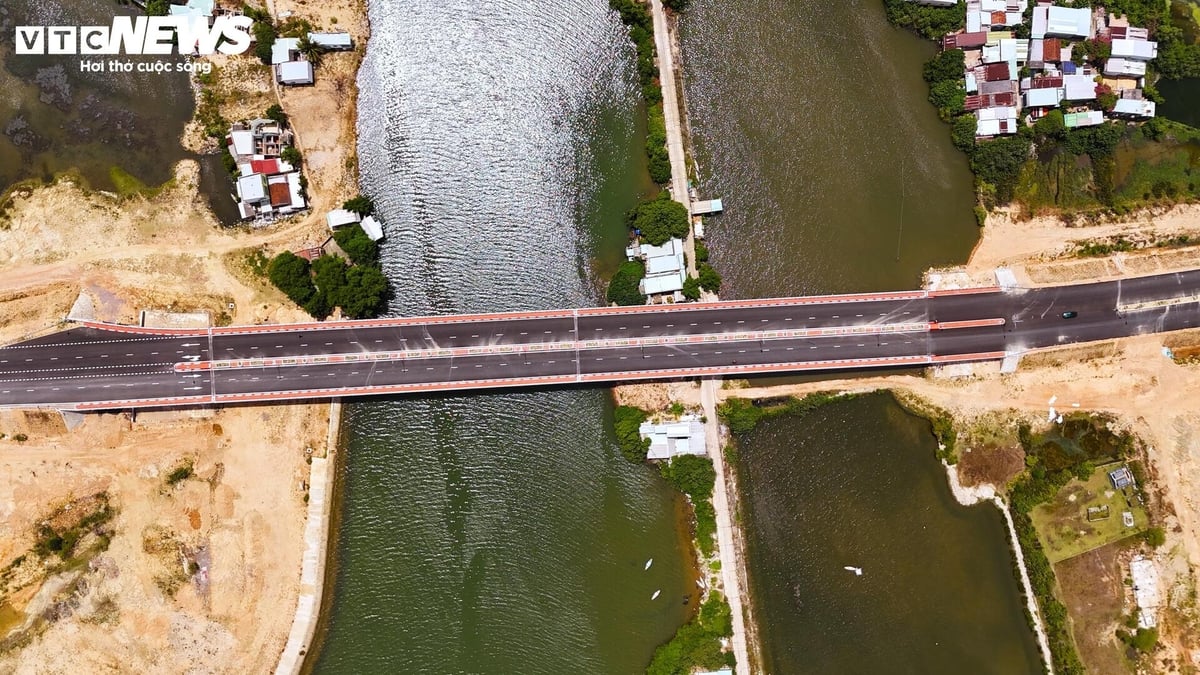













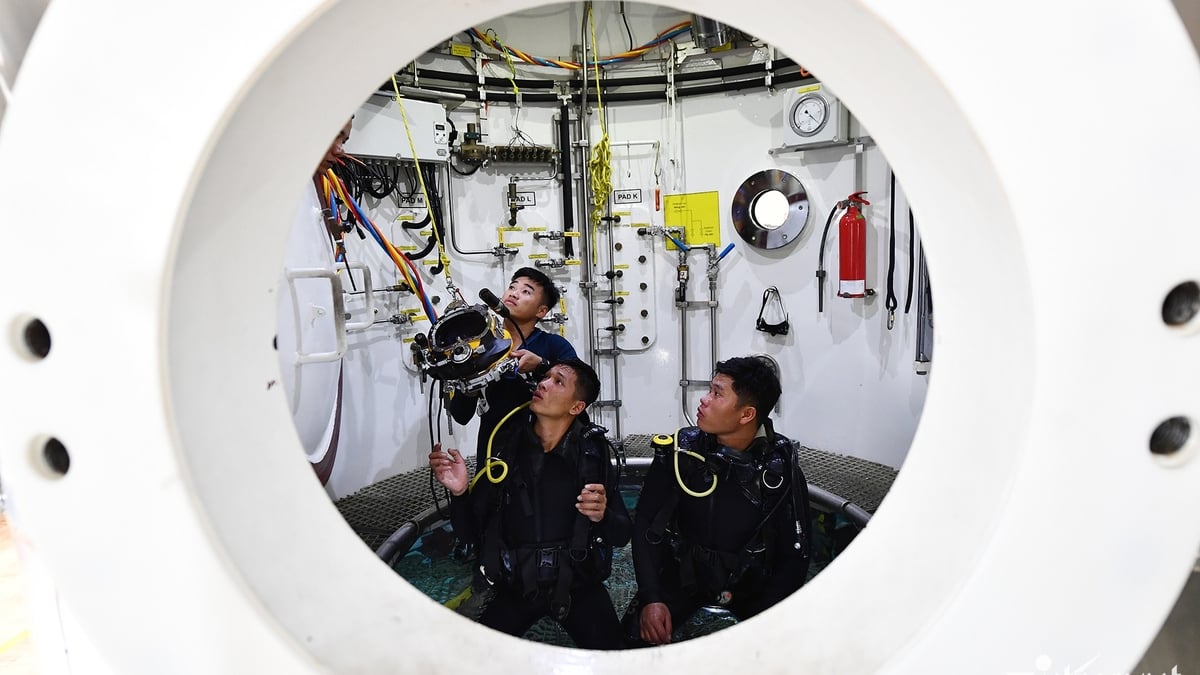







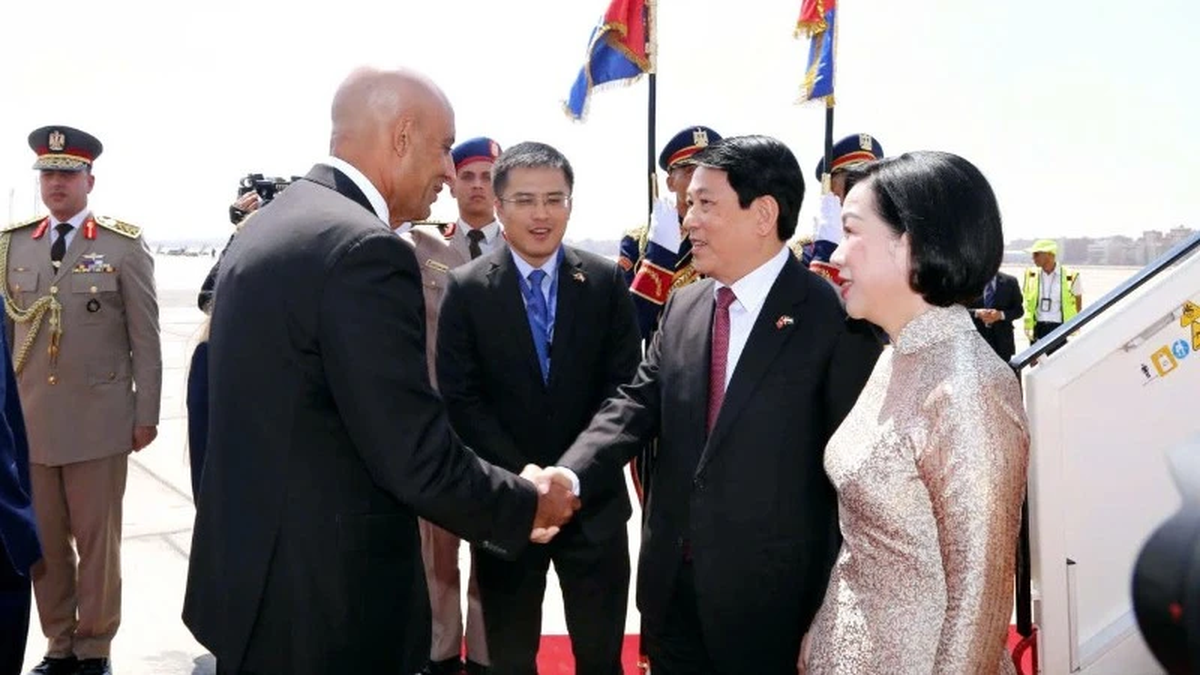





























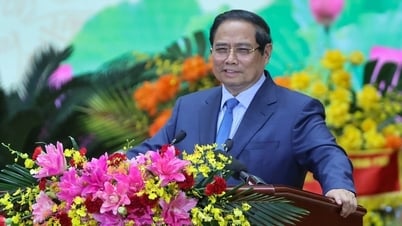
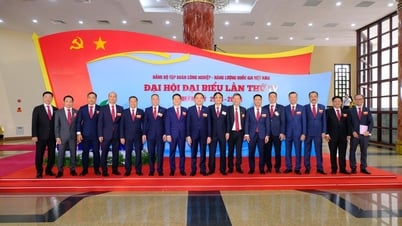




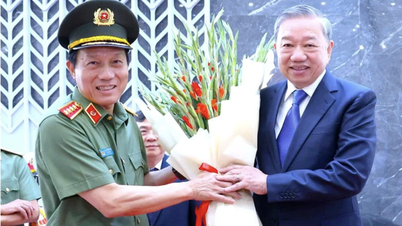
![[Infographic] Traditional friendship and good cooperation between Vietnam and Egypt](https://vphoto.vietnam.vn/thumb/402x226/vietnam/resource/IMAGE/2025/8/4/9a2112b4046e4c128fdcb5403489866a)

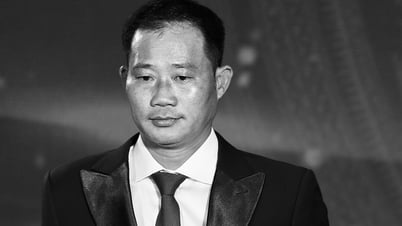


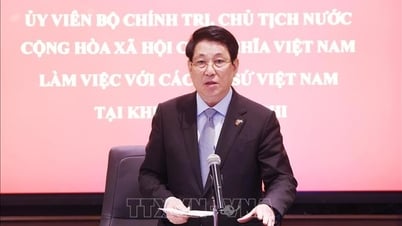

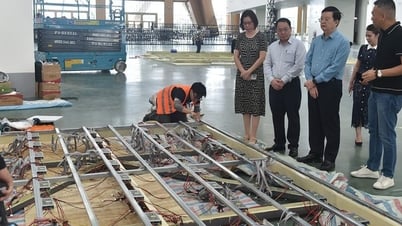























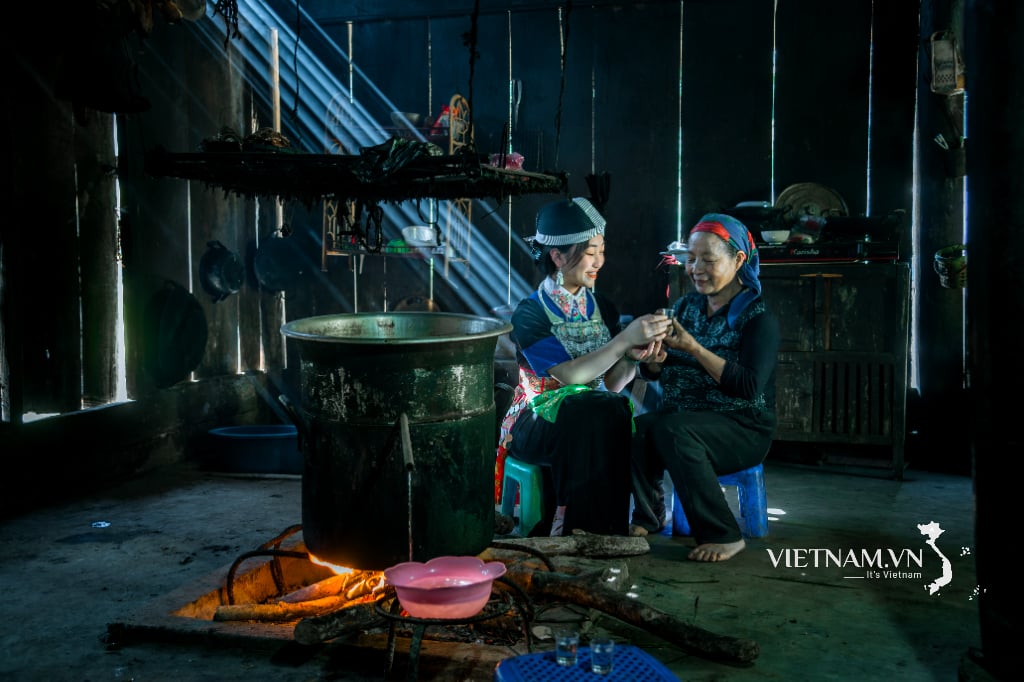

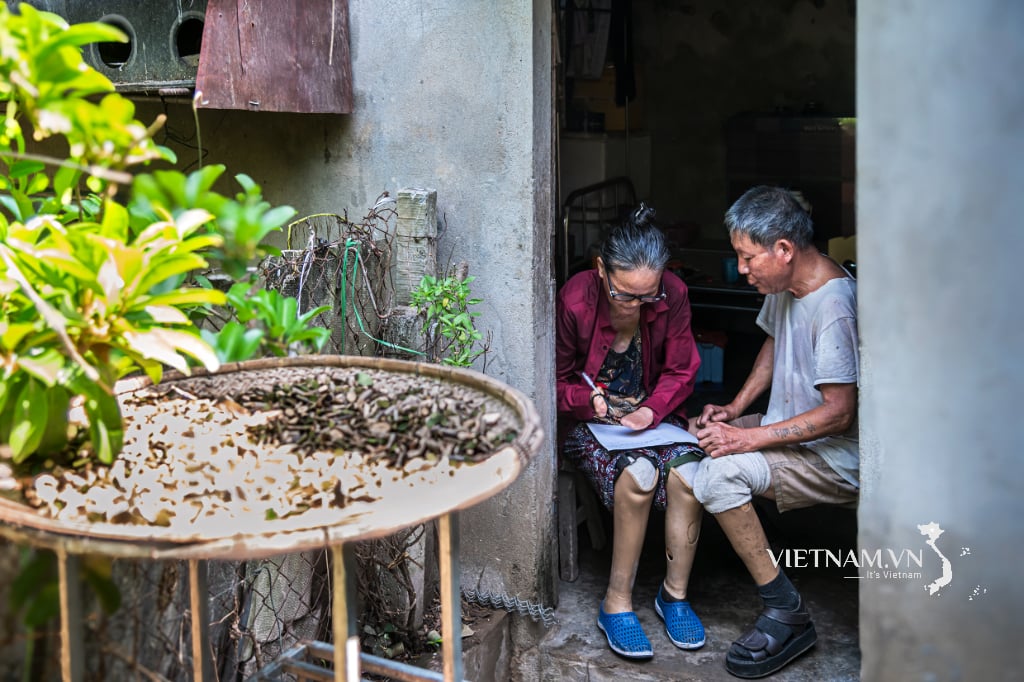
Comment (0)